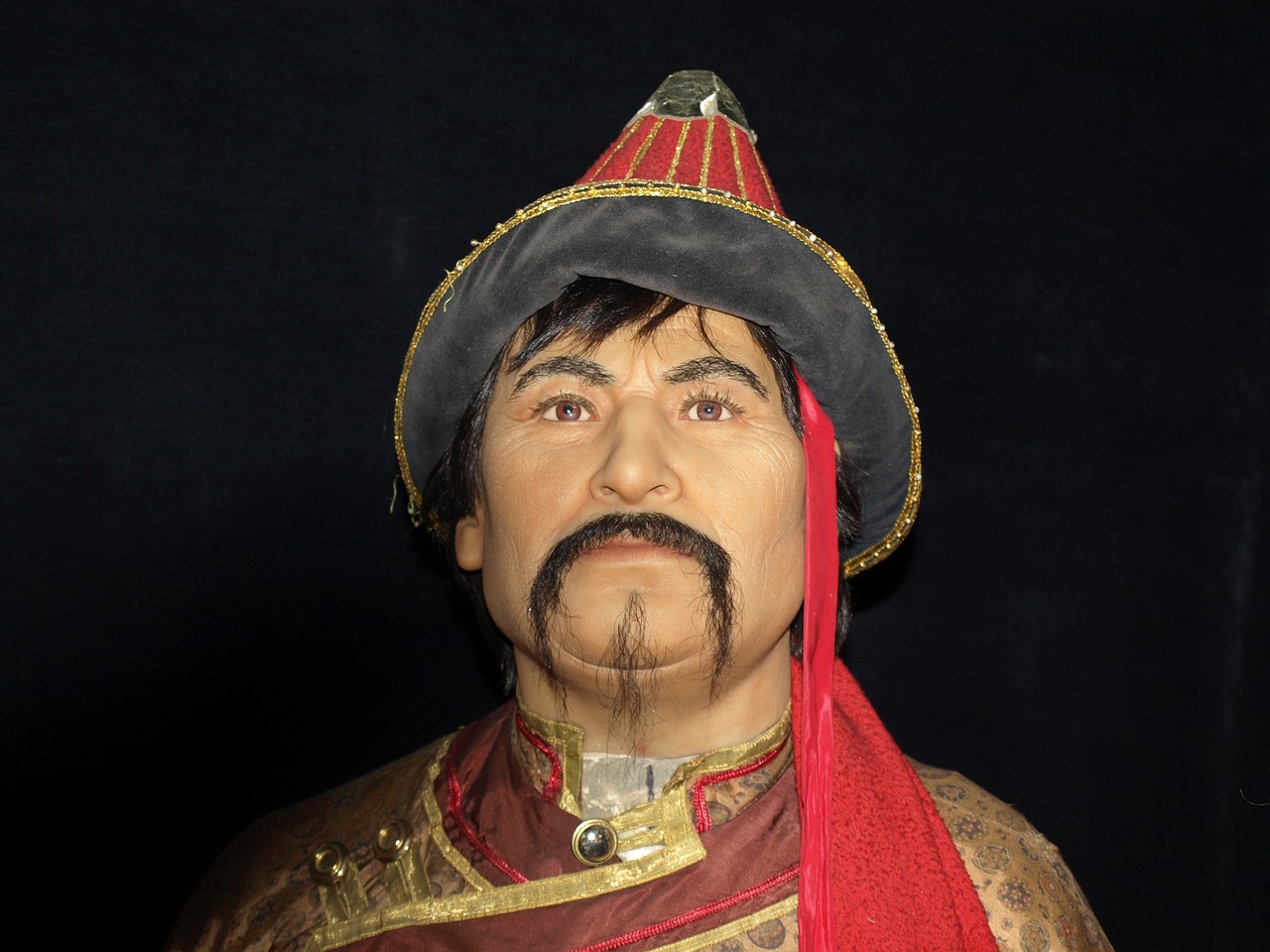Genghis Khan, a name often synonymous with conquest and warfare, has a legacy that is far more nuanced than many realize. While his military campaigns were indeed formidable, his empire also laid down surprising foundations for progressive governance and culture. This article delves into the often-overlooked aspects of Genghis Khan’s rule, revealing how his empire was, in many ways, ahead of its time.
Religious Tolerance

During an era when religious persecution was rampant, Genghis Khan took a notably different path. He believed that a diverse empire could only thrive through the acceptance of various faiths. By allowing freedom of worship, he not only ensured peace within his vast territories but also encouraged a rich tapestry of cultural exchange. This policy of tolerance fostered loyalty among his subjects and allowed different communities to coexist harmoniously, a progressive approach that many modern societies still strive for.
Meritocracy Over Aristocracy

In a world dominated by aristocratic privilege, Genghis Khan’s meritocratic system was revolutionary. He valued skill and loyalty over noble lineage, promoting individuals based on their abilities. This approach shattered the rigid class barriers that were prevalent in many societies of the time. By allowing talent from all backgrounds to rise, Genghis Khan ensured that his administration was both efficient and effective, setting a precedent for future governance models.
Promotion of Trade and Commerce

Recognizing the power of commerce, Genghis Khan actively promoted trade across his empire. The establishment of the Silk Road trade routes under his rule facilitated unprecedented economic prosperity. By protecting merchants and ensuring the safe passage of goods, he not only boosted the economy but also encouraged cultural exchanges. This vibrant trade network enriched societies on both ends, showcasing the importance of economic interconnectivity.
Legal Reforms: The Yassa Code

Genghis Khan introduced the Yassa, a comprehensive legal code that aimed to create order within his empire. This code covered a wide range of issues, from military conduct to social behavior. By standardizing laws across his vast territories, Genghis Khan ensured that justice was applied fairly to all subjects. This emphasis on law and order was a progressive step that maintained stability and unity, crucial for the administration of such a sprawling empire.
Encouragement of Innovation and Knowledge

The Mongol Empire was a melting pot of ideas, and Genghis Khan was a patron of knowledge and innovation. He invited scholars, artisans, and scientists from various regions, fostering an environment of intellectual growth. This openness led to significant advancements in fields like medicine and engineering. By promoting education and knowledge-sharing, Genghis Khan’s empire contributed to a legacy of learning that influenced future generations.
Women’s Rights and Roles

In Genghis Khan’s empire, women enjoyed a level of respect and autonomy that was uncommon for the time. They played significant roles within the family and were involved in decision-making processes. Women could own property, manage businesses, and even participate in warfare. This recognition of women’s contributions was a progressive stance, especially compared to many contemporary societies where women’s rights were severely restricted.
Infrastructure Development

Understanding the importance of connectivity, Genghis Khan invested in infrastructure development. The construction of roads, bridges, and postal systems facilitated efficient communication and transportation. The Yam system, a relay network for messengers, ensured rapid information flow across the empire. These infrastructure advancements not only improved governance but also enhanced trade and cultural exchange, contributing to the empire’s prosperity.
Diplomacy and Alliances

Genghis Khan was not just a conqueror; he was also a shrewd diplomat. He often formed strategic alliances with neighboring states and tribes, prioritizing negotiation over conflict. This diplomatic approach helped to expand the empire without constant warfare, demonstrating a sophisticated understanding of political dynamics. By forging alliances, Genghis Khan ensured a more sustainable and peaceful governance model, a strategy that many modern leaders could learn from.
Conclusion: A Legacy of Progressiveness

In conclusion, Genghis Khan’s empire was far more than a military powerhouse. Through policies of religious tolerance, meritocracy, trade promotion, and legal reforms, Genghis Khan laid the groundwork for a progressive society. His recognition of women’s roles and investment in infrastructure further highlight the multifaceted nature of his rule. Understanding these aspects challenges the traditional narrative and underscores the profound impact of one of history’s most iconic figures.


